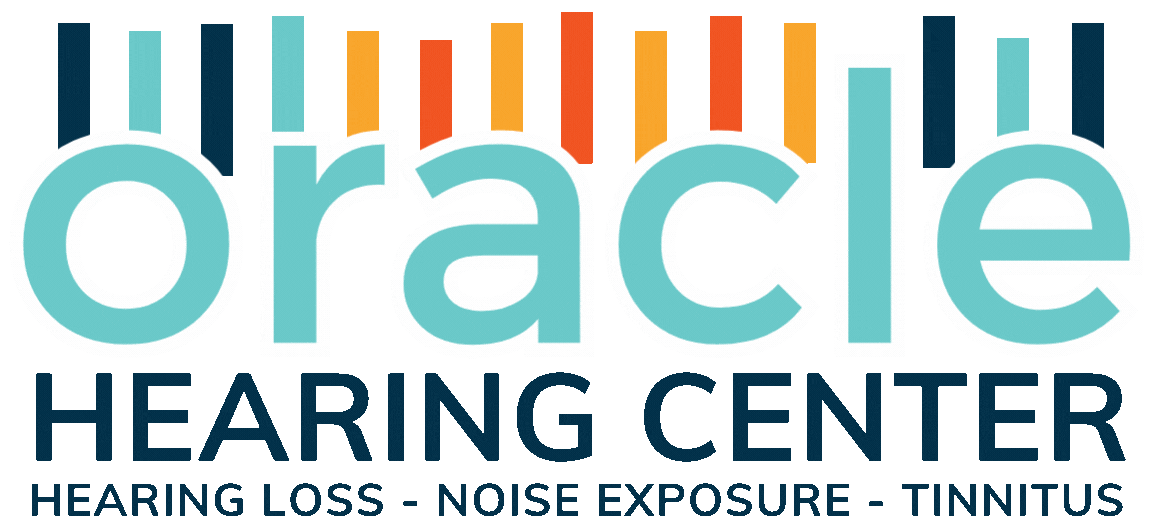You’ve visited with your family and friend over the holidays. You sat with them at the table and smiled, laughed, and even nodded even when you weren’t sure you heard the joke your son made. Hearing in a situation when so many people are talking at a time is difficult with hearing loss. This post is here to remind you that hearing aids alone cannot help you hear in background noise. You must actively advocate for yourself. Below are a few tips on how to do that.
Make sure you are in the same room with whomever is speaking with you. If they do not move towards you, make sure you move towards them.
Position yourself so that you are turned and facing your speaker. If they are turned away from you, cue them by letting them know you need to see their face in order to hear them. “I can’t hear you when your head is stuck in the fridge and you are talking to me,” is one example (both humorous and true).
When sitting a table, seat yourself next to the person(s) you plan to converse with the most.
If there is a large group of people and you’d like to have a one-on-one conversation, take that person to another quieter room.
If you have hearing aids, make sure you change the filters, charge them (or put in fresh batteries if you don’t have rechargeable aids) prior to the family/friend gathering. If it is been more than six months since you’ve visited your audiologist for a clean and check, make an appointment to have them looked at. Many offices have a come a curbside clean-and-check hour, ours is Thursdays 11 am-12 noon.
When dining out, choose a round table over a long table (which reduces the distance between speaker and listener).
If you have hearing aids and experience serious difficulty hearing in noise (to the point that you avoid social events/gatherings), you may need to weigh some options. Have you had your hearing examined recently (within the last two years and have your hearing aids been reprogrammed to your updated prescription)? Alternatively, it may be time to explore newer technology (if your aids are approaching four to five years of age and are no longer giving you a return on your investment). You may also consider a assistive listening technology (such as a partner microphone or table microphone or even multi-mic) to help the speaker’s voice stream directly into your hearing aids at a volume louder than background noise. Please know there are options and this is not “the best you can do”.
When choosing a venue for dining out, let your family members and friends know it is important to hear them well. Choose a restaurant wisely. Try to go off-peak hours, when it’s generally quieter. Avoid restaurants with high ceilings and bare floors. Finally, choose a booth over an open table, or seat yourself at a table with a wall behind you.
Wear your hearing aids at home. The more your brain has adjusted to the signal processing quieter environments through the hearing aids, the more “signal load” it can handle when in noisy environments. Training your hearing brain to hear in quiet prepares it for more marathon-type events, like restaurants and family gatherings.
Last, let those you know and love that you are trying your best and that you are not ignoring them. Tell them that you want to hear what they have to say and map out a plan to work together to do so.
